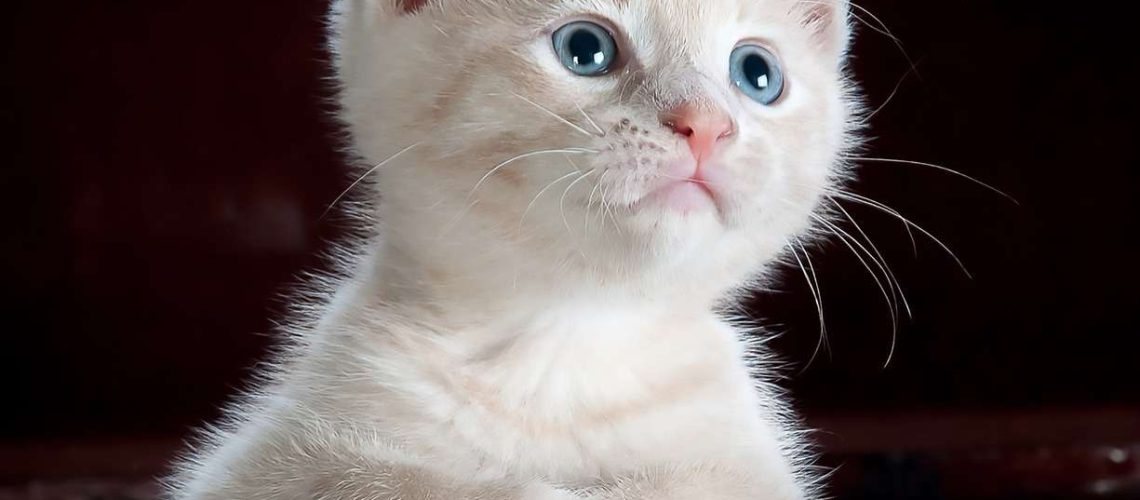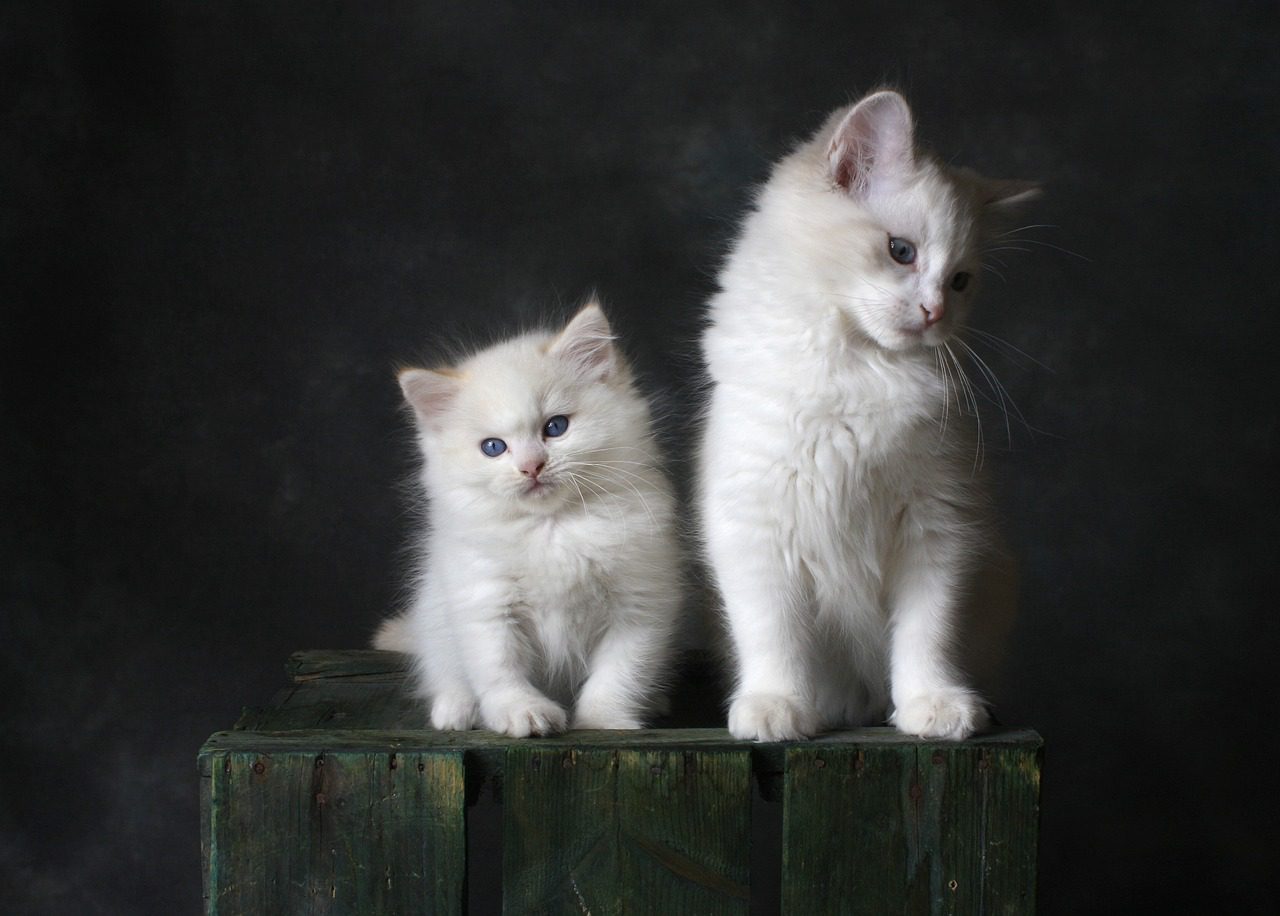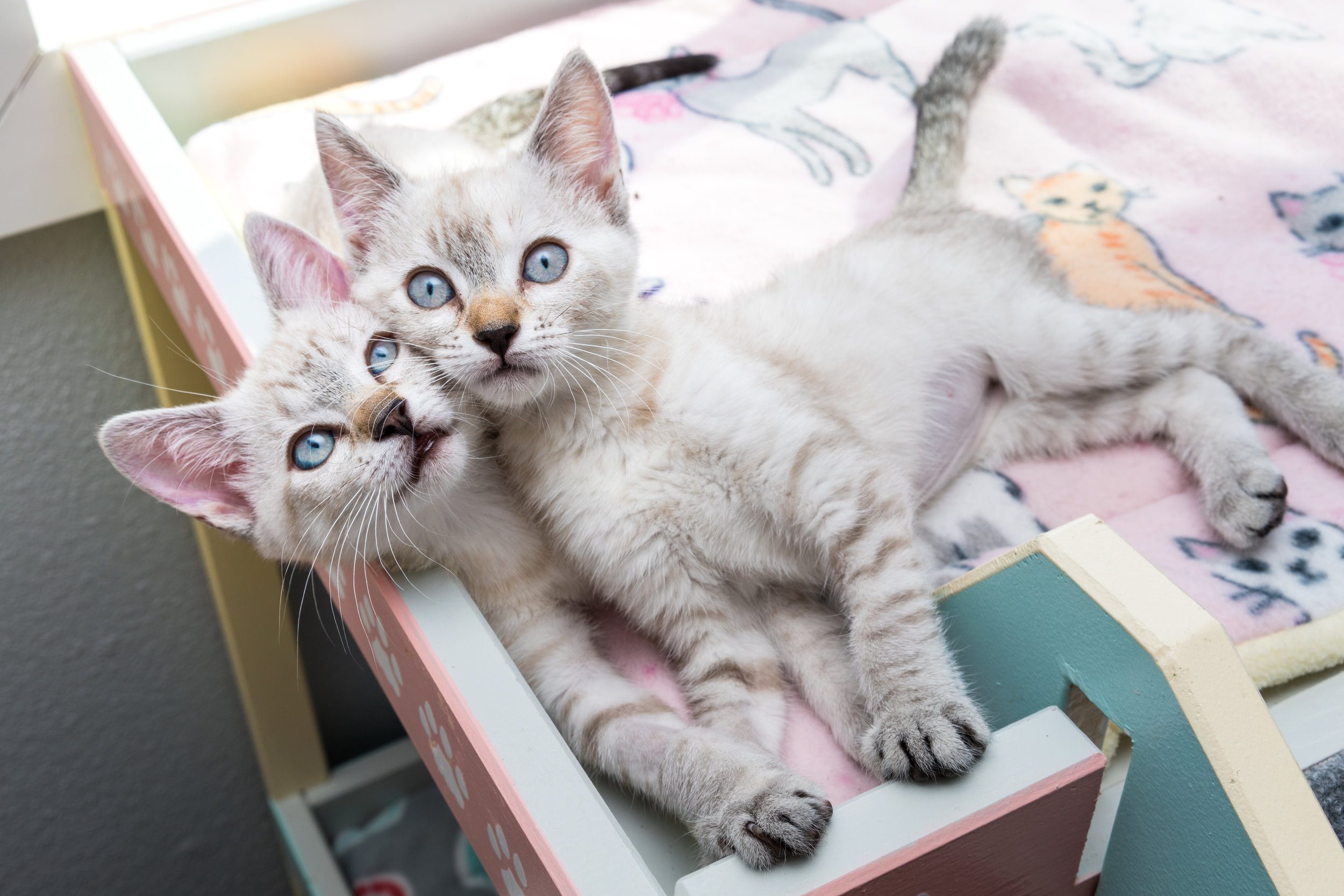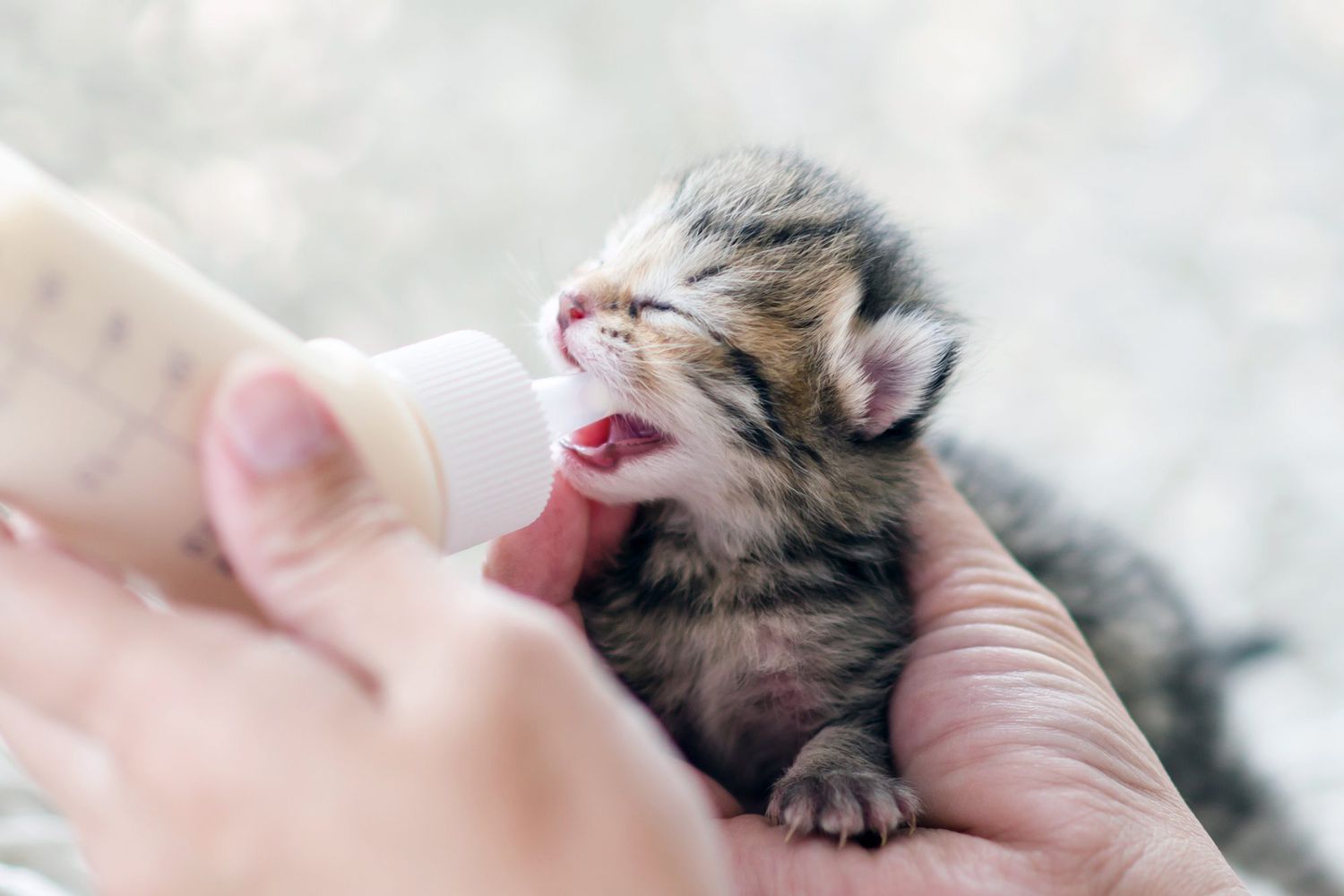Are you a cat lover? Do you want to ensure the health and well-being of your furry feline friend? Then, understanding the phenomenon known as Fading Kitten Syndrome is crucial. This mysterious condition affects young kittens and can have devastating consequences if not recognized and treated promptly. By delving into this subject, you will gain valuable knowledge that could potentially save the lives of these adorable creatures. So, let's dive in and explore the world of Fading Kitten Syndrome together - a topic that every cat owner should be aware of.
Key Takeaways:
- Fading Kitten Syndrome is a term used to describe a set of symptoms that can lead to the death of newborn kittens.
- It typically occurs within the first few weeks of life and is more common in premature or weak kittens.
- The main symptoms include failure to thrive, weakness, lack of appetite, dehydration, and difficulty regulating body temperature.
- Immediate veterinary intervention is crucial for the survival of kittens with Fading Kitten Syndrome.
- Prevention involves ensuring proper nutrition and warmth for the mother cat during pregnancy and providing a clean and stress-free environment for the newborn kittens.
What is Fading Kitten Syndrome in cats?
Fading Kitten Syndrome is a term used to describe a set of symptoms that can affect young kittens, typically between the ages of birth and four weeks. It is a condition that can cause serious illness or even death if not recognized and treated promptly. Kittens with Fading Kitten Syndrome often appear weak, have difficulty nursing or gaining weight, and may have trouble regulating their body temperature.
The exact cause of Fading Kitten Syndrome is not always known, but it can be caused by various factors such as infections, birth defects, inadequate nutrition, or poor maternal care. Sometimes, the syndrome can occur without an obvious underlying cause.
Why does Fading Kitten Syndrome happen?
Fading Kitten Syndrome can happen for several reasons:
- Infections: Kittens are more susceptible to infections due to their underdeveloped immune systems. Infections can weaken their bodies and make it difficult for them to thrive.
- Poor nutrition: If a mother cat isn't producing enough milk or if the kittens aren't able to nurse properly, they may not receive the necessary nutrients for growth and development.
- Birth defects: Some kittens may be born with congenital abnormalities that affect their ability to survive.
- Environmental stress: Exposure to extreme temperatures or other stressful conditions can weaken a kitten's immune system and make them more vulnerable to illness.
How common is Fading Kitten Syndrome?
Fading Kitten Syndrome is relatively common in newborn kittens. It is estimated that up to 25% of kittens may be affected by this syndrome. However, with proper care and early intervention, many kittens are able to overcome the challenges associated with Fading Kitten Syndrome and go on to live healthy lives.
How does Fading Kitten Syndrome affect young kittens?
Fading Kitten Syndrome can have a significant impact on the health and development of young kittens. Kittens affected by this syndrome may exhibit a range of symptoms that can vary in severity. Some common effects of Fading Kitten Syndrome include:
- Weakness and lethargy: Affected kittens may appear weak, have low energy levels, and be less active than their littermates.
- Poor weight gain: Kittens with Fading Kitten Syndrome often struggle to gain weight and may even lose weight despite regular feeding.
- Inability to nurse properly: These kittens may have difficulty latching onto their mother's nipple or bottle during feeding, leading to inadequate nutrition intake.
- Inability to regulate body temperature: Young kittens are not yet able to regulate their body temperature effectively. Those with Fading Kitten Syndrome may have trouble staying warm or maintaining a stable body temperature.
Why is it important to recognize Fading Kitten Syndrome early?
Recognizing the signs of Fading Kitten Syndrome early is crucial because prompt intervention can greatly improve the chances of survival for affected kittens. If left untreated, the condition can quickly worsen, leading to severe illness or even death. Identifying the symptoms early allows for timely veterinary care and supportive treatments that can help stabilize the kitten's condition and increase their chances of recovery.
What should you do if you suspect a kitten has Fading Kitten Syndrome?
If you suspect that a kitten is suffering from Fading Kitten Syndrome, it is important to seek veterinary attention immediately. The veterinarian will be able to assess the kitten's condition, provide necessary treatments, and offer guidance on how to care for the kitten at home.
Common symptoms of Fading Kitten Syndrome
Fading Kitten Syndrome is a serious condition that can affect newborn kittens, causing them to weaken and potentially die. It is important to be aware of the common symptoms so that prompt action can be taken. Some of the signs to look out for include:
Lack of appetite:
Kittens with Fading Kitten Syndrome may show a decreased interest in nursing or bottle-feeding. They may refuse to eat or have difficulty latching onto the mother's nipple or bottle.
Weakness and lethargy:
Affected kittens may appear weak, limp, or excessively sleepy. They may not have the energy to move around like their healthy littermates.
Inability to regulate body temperature:
One of the key symptoms of Fading Kitten Syndrome is the kitten's inability to maintain its body temperature. They may feel cold to the touch even when kept in a warm environment.
Other possible symptoms:
In addition to the above, kittens with Fading Kitten Syndrome may also experience dehydration, weight loss, pale gums, and difficulty breathing.
It is crucial to seek immediate veterinary attention if you notice any of these symptoms in a young kitten. Early intervention can greatly increase their chances of survival.
Prevention and treatment of Fading Kitten Syndrome
Preventing Fading Kitten Syndrome involves providing proper care and ensuring a healthy environment for newborn kittens. Here are some tips for prevention:
Maintain a clean and stress-free environment:
Keeping the area where the mother cat and her kittens stay clean helps prevent infections that could weaken the kittens' immune systems. Minimizing stressors such as loud noises or excessive handling also contributes to their overall well-being.
Ensure adequate nutrition:
Proper nutrition is essential for the mother cat and her kittens. Providing a balanced diet with high-quality kitten food helps support their immune system and overall health.
Regular veterinary check-ups:
Bringing the mother cat and her kittens to the veterinarian for regular check-ups can help identify any potential health issues early on. Vaccinations and deworming treatments are important preventive measures.
Treatment for Fading Kitten Syndrome depends on the specific symptoms and severity of the condition. It may involve supportive care such as providing warmth, fluids, and supplemental feeding. In some cases, medications or interventions to address underlying causes may be necessary.
Are certain cat breeds more prone to Fading Kitten Syndrome?
While Fading Kitten Syndrome can affect kittens of any breed, some studies suggest that certain breeds may be more susceptible to this condition. However, it is important to note that individual factors such as genetics, environment, and overall health also play significant roles.
Breeds with flat faces:
Breeds like Persians or Himalayans, which have flat faces due to their unique facial structure, may have a higher risk of developing respiratory problems. These respiratory issues can contribute to Fading Kitten Syndrome if not properly managed.
Other factors:
Apart from breed-related considerations, other factors such as poor breeding practices or inadequate prenatal care can increase the likelihood of Fading Kitten Syndrome in any breed.
If you are considering adopting a kitten from a breed known to be more prone to Fading Kitten Syndrome, it is crucial to choose a reputable breeder who prioritizes the health and well-being of their cats.
Tips for preventing and managing Fading Kitten Syndrome
Taking proactive steps can help prevent or manage Fading Kitten Syndrome effectively. Here are some tips:
Early socialization:
Ensuring kittens receive proper socialization from an early age helps strengthen their immune system and overall resilience. Gentle handling, exposure to different environments, and positive interactions with humans can contribute to their well-being.
Regular monitoring:
Keeping a close eye on the kittens' behavior, appetite, and weight can help detect any changes or potential issues early on. Prompt veterinary attention is crucial if any concerns arise.
Proper nutrition:
Providing a balanced diet specifically formulated for kittens helps support their growth and development. Consult with your veterinarian to determine the best food options for your kitten's specific needs.
Other considerations:
Maintaining a clean environment, minimizing stressors, and following recommended vaccination schedules are additional measures that can aid in preventing and managing Fading Kitten Syndrome.
Remember, every kitten is unique, and it is important to tailor their care based on individual needs. Regular communication with a veterinarian ensures you are providing the best possible care for your furry friend.
Research on understanding and treating Fading Kitten Syndrome
Researchers continue to study Fading Kitten Syndrome in order to better understand its causes and develop effective treatments. Some areas of research include:
Genetic factors:
Scientists are investigating whether certain genetic factors make some kittens more susceptible to Fading Kitten Syndrome. Understanding these genetic markers could potentially lead to targeted interventions or breeding practices aimed at reducing the incidence of this syndrome.
Immune system function:
Studying the immune response of affected kittens may provide insights into why some individuals are more prone to developing Fading Kitten Syndrome. This knowledge could lead to improved preventive measures or treatments targeting immune system support.
Breeding practices:
Research also focuses on identifying breeding practices that contribute to the occurrence of Fading Kitten Syndrome. By understanding the impact of factors such as inbreeding or poor prenatal care, breeders can make informed decisions to reduce the risk.
Continued research efforts are vital for advancing our understanding of Fading Kitten Syndrome and improving the outcomes for affected kittens. Through ongoing studies, we hope to develop more effective prevention strategies and treatment options to save these precious lives.
In conclusion, Fading Kitten Syndrome is a serious condition that can affect young cats. It is important for cat owners to be aware of the signs and symptoms, and to seek veterinary care promptly if their kitten shows any signs of illness or weakness. Early intervention and proper care can greatly increase the chances of survival for kittens with this syndrome.
How long do kittens with fading kitten syndrome live?
The condition known as "fading kitten syndrome" is often used to describe the unfortunate death of many kittens in the first few weeks of life, from birth to weaning. Normally, around 75% to 95% of kittens reach the age of 8 weeks. However, out of those, approximately 20% to 40% may not live past 12 weeks. This information was last updated on September 1, 2016.
How do I know if my cat has fading kitten syndrome?
Indications of Fading Kitten Syndrome can be observed through early signs such as lethargy, disinterest in nursing, isolating from the litter, and frequent crying. Caretakers may also notice that the kitten's skin has reduced elasticity, which indicates dehydration.
How can I help my kitten with fading kitten syndrome?
When a kitten is fading, it experiences two problems: hypothermia, which is being too cold, and hypoglycemia, which is low blood sugar. It is crucial to raise the kitten's body temperature and increase its blood sugar levels in order to prevent it from dying. The first step is to warm them up by wrapping them in a towel, leaving only their face uncovered, similar to a burrito.
Can a kitten survive fading kitten syndrome?
If a root cause is discovered before death, the treatment will be tailored to address that cause and can be categorized as either specific or supportive. Fading kitten syndrome leads to death by definition. However, if an underlying cause is identified early on and effectively treated, there is a chance for survival.
Can a whole litter get fading kitten syndrome?
Fading Kitten Syndrome (FKS) can impact individual kittens within a litter or the entire litter. It can occur as a one-time event or be a recurring issue in a breeding community. In pedigree cats, approximately 8.5% of kittens are born dead, and a similar percentage die before they are weaned.
When can I stop worrying about fading kitten syndrome?
Due to their underdeveloped immune system and lack of energy reserves, young kittens are highly susceptible to rapid health deterioration. This sadly results in the death of many kittens, a condition known as Fading Kitten Syndrome. Typically, this syndrome affects kittens from birth to six weeks old, but the risk decreases significantly once they are weaned.

















